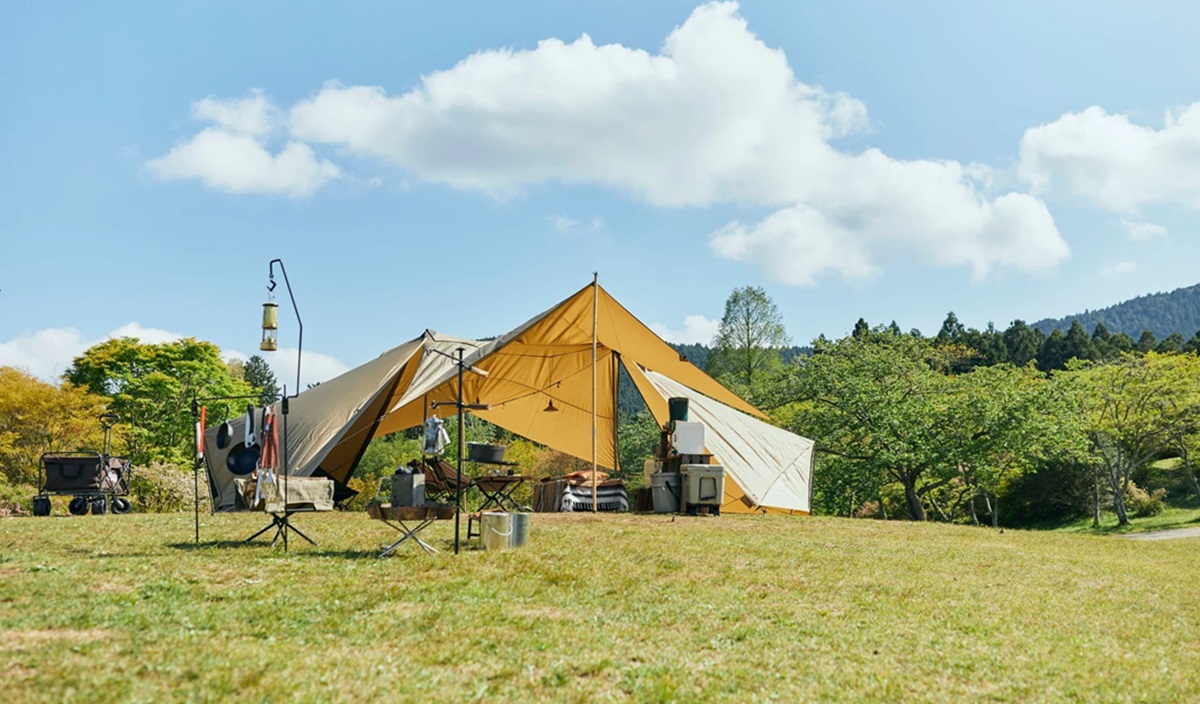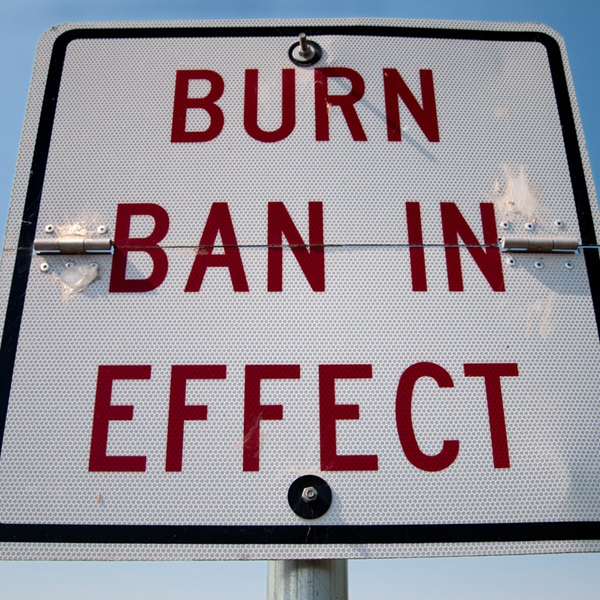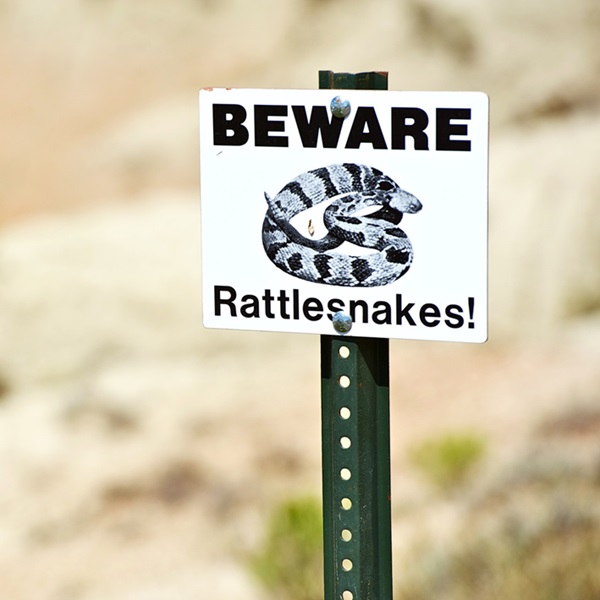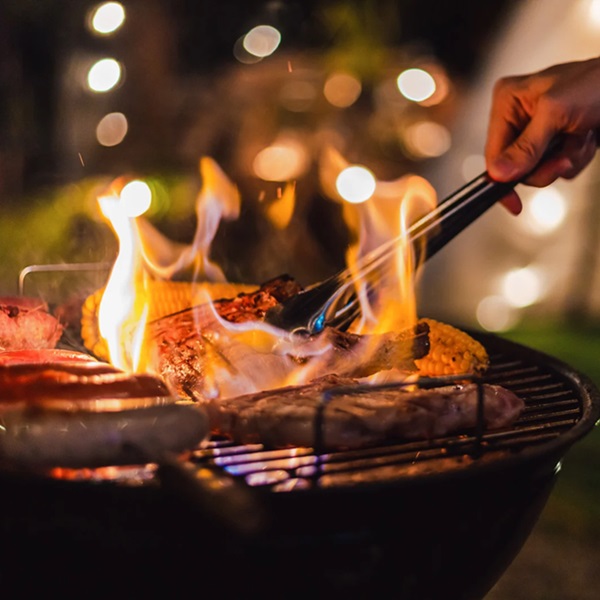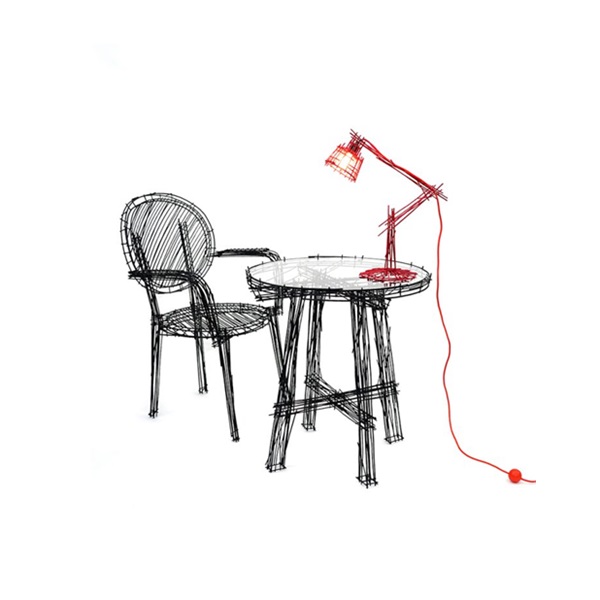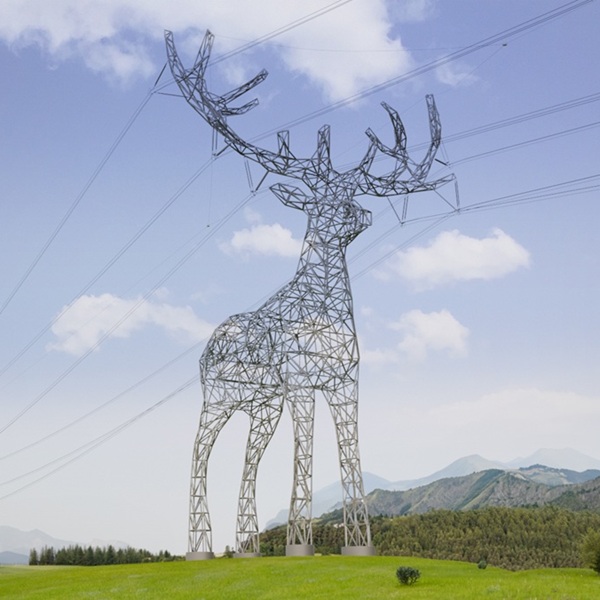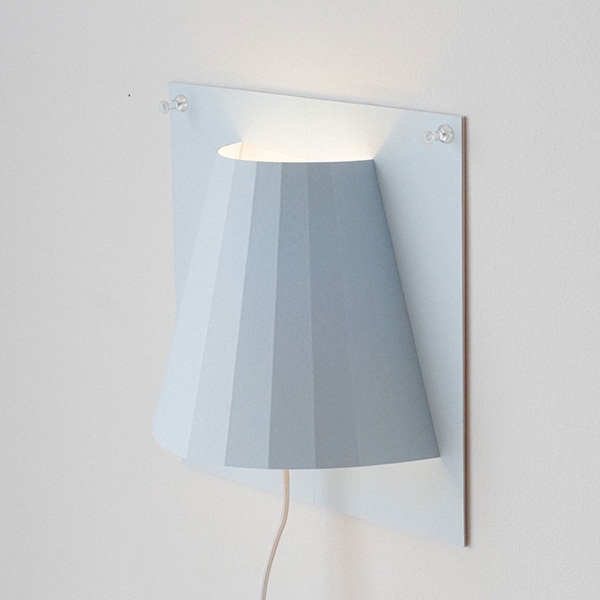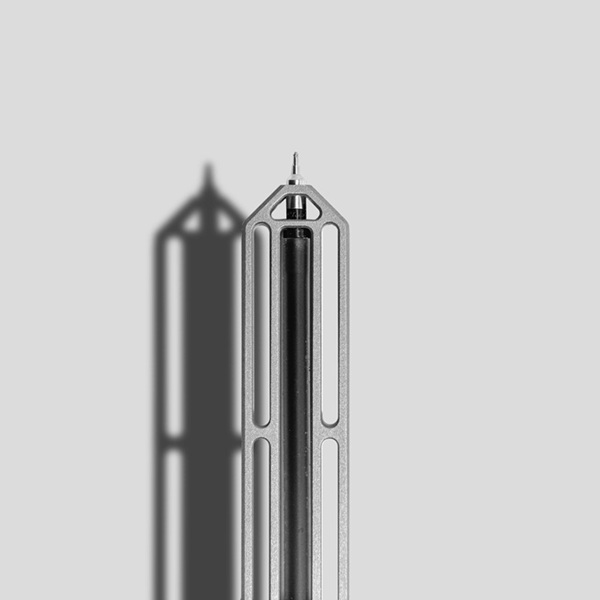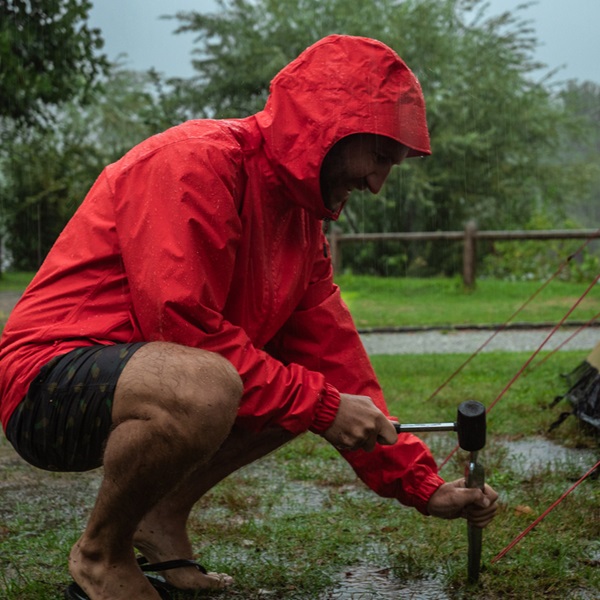
Camping in the summer is a fantastic way to enjoy warm weather and nature. But no matter the season, staying safe should always be your top priority. Basic safety tips can be applied to all camping trips, but summer camping safety tips may vary depending on weather conditions.
Because there are several risks that can turn an adventure into a challenge. By following essential summer camping safety tips, you can ensure a fun, worry-free experience while protecting yourself. So, before you pack your gear, let us familiarize you with the summer camp safety tips to enjoy the outdoors responsibly.
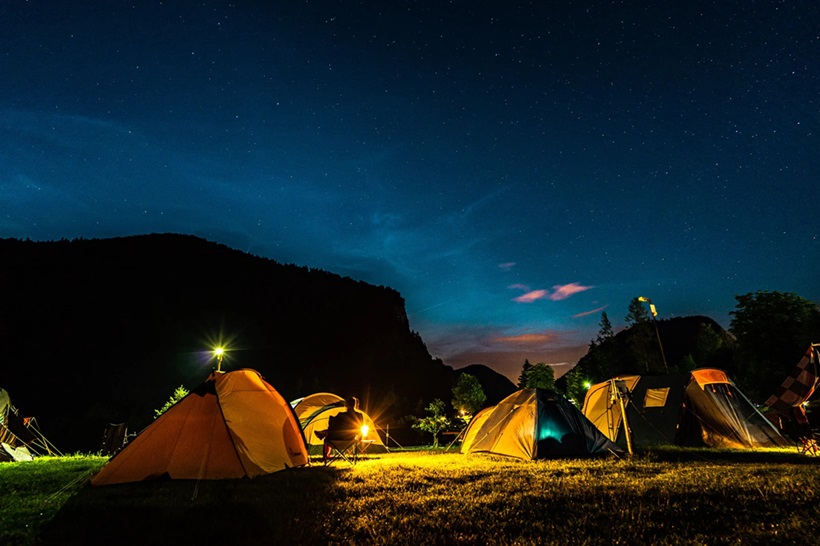
Essential Materials for a Safe Summer Camping Trip
You need to pack the right safety gear for an enjoyable and risk-free outdoor experience. You might camp in the mountains, by a lake, or in the forest. But being prepared for the potential challenges with the right equipment will keep you safe.
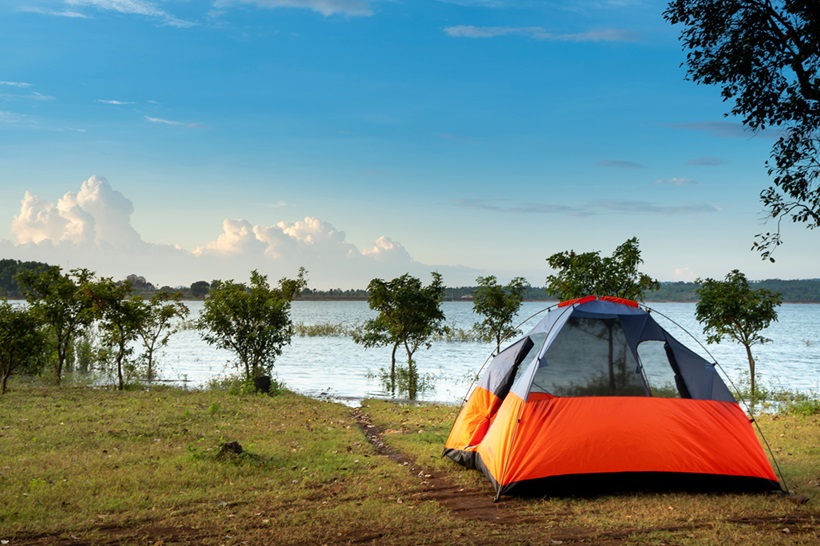
Below you can find the must-have safety equipment list:
First Aid Kit
A well-stocked first aid kit is a non-negotiable item for any camping trip. Your first aid kit must include the items listed as follows:
Bandages
Antiseptic wipes
Pain relievers
Tweezers
Allergy medication
You should always remember that a first aid kit on hand ensures you can respond quickly to medical situations before they become serious.
Emergency Whistle
An emergency whistle is a simple yet powerful tool for signaling help if you get lost or face danger. Its high-pitched sound travels long distances, making it an effective way to alert rescuers. Keeping one attached to your backpack or around your neck can be a lifesaver in an emergency.
Multi-Tool or Pocket Knife
A multi-tool or pocket knife is essential for various tasks, including cutting rope, preparing food, and repairing gear. It combines several useful tools in one, such as scissors, screwdrivers, and bottle openers. Always keep it accessible, as it can assist in unexpected situations.
Headlamp or Flashlight with Extra Batteries
Navigating a campsite at night can be tricky, making a headlamp or flashlight essential for safety. Choose a waterproof, durable option with a long battery life to ensure reliability. Bringing extra batteries or a rechargeable power bank ensures you won’t be left in the dark.
Fire Starter and Waterproof Matches
A fire starter is crucial for warmth, cooking, and emergency situations, especially in damp conditions where natural tinder may not be available. Carrying waterproof matches, a lighter, or a Ferro rod guarantees you can start a fire even in challenging weather.
Portable Water Filters or Purification Tables
Safe drinking water is essential for staying hydrated and healthy during camping trips. A portable water filter or purification tablets allow you to safely drink from natural sources like rivers and lakes. Such equipment can eliminate the risk of dehydration and waterborne illnesses.
Emergency Shelter
In order not to find yourself in a dangerous situation due to unexpected weather changes, you should carry an emergency shelter or space blanket. For example, a lightweight tent, bivy sack, or space blanket can provide essential protection from wind, rain, or extreme temperature.
Bug Spray and Sunscreen
In summer, all insects are awake. Therefore, you should protect your skin from insect bites and sunburn. A DEET-based or natural bug spray helps keep mosquitoes and ticks away, while broad-spectrum sunscreen prevents UV damage.
Non-Perishable Food and Energy Bars
Warm weather can cause foods to perish too soon. Therefore, carrying non-perishable, high-energy food is always the best option in summer. In addition, with these types of foods, you can stay nourished even if your trip extends unexpectedly.
Options such as nuts, dried fruit, jerky, and protein bars provide sustained energy without requiring refrigeration.
Navigation Tools
Even if you are familiar with the area, you should always carry a reliable navigation tool for staying on track. As a physical map and compass never run out of battery, you can carry both of these gear. In addition, a GPS device can provide real-time location tracking. So, you have to have backup equipment and enjoy the outdoors.
Summer Camp Safety Checklist
You might be a beginner and you may not know how important it is to plan ahead. Without proper planning, you might face many challenges on hot summer days. We prepared a checklist for you so that everything goes well for you during your trip.
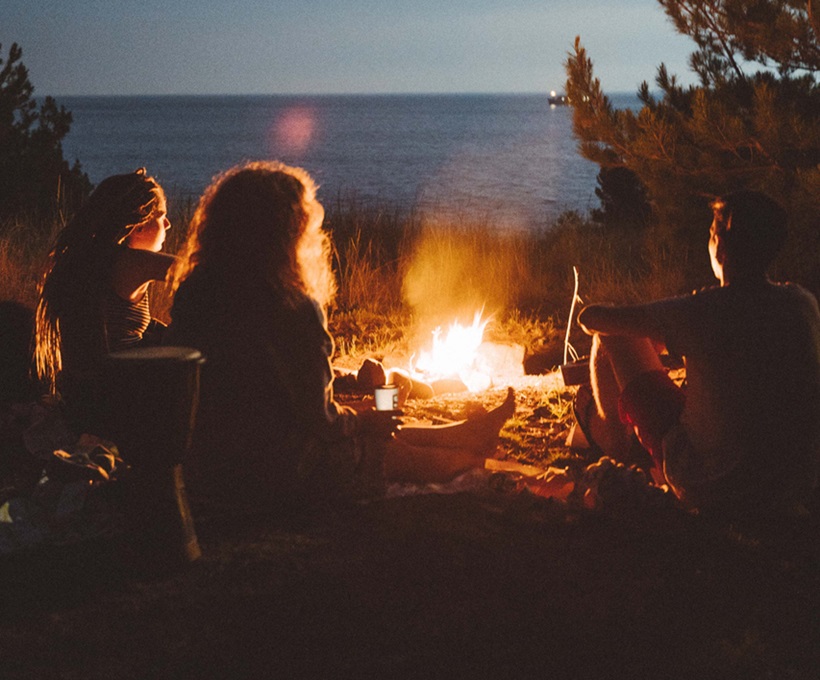
Check the Weather Forecast
Before leaving for your trip, you should always check the weather forecast to avoid unexpected storms or extreme heat. Sudden changes in weather can impact your safety. Therefore, you should prepare for different conditions by packing appropriate clothing and gear.
Inform Someone About Your Trip
Many adventurers like to disappear. But disappearing can be dangerous. Even if you would like to be alone, you should always share your camping itinerary with a trusted friend or family member. You can also include details like your planned route, campsite location, and expected return date so that someone knows where to look for you in case of an emergency.
Choose a Safe Campsite Location
Select a campsite away from potential hazards like steep slopes, dead trees, or flood-prone areas. Avoid setting up camp near rivers or lakes that could rise unexpectedly due to rain or melting snow. A flat, dry area with some natural wind protection is ideal for a safe and comfortable stay.
Pack and Store Food Properly
Improperly stored food can attract wildlife, increasing the risk of dangerous encounters. Use airtight containers or bear-proof canisters to keep food secure and store it at least 100 feet away from your sleeping area. Never leave food scraps around your campsite, as this can lead to unwanted animal visitors.
Stay Hydrated
Would you like to learn one of the most essential summer camping safety tips? Dehydration and heat exhaustion are common summer camping risks, so drink plenty of water throughout the day. Wear lightweight, breathable clothing and take breaks in shaded areas to avoid overheating. Recognizing early signs of heat-related illnesses, such as dizziness or nausea, can prevent serious health issues.
Practice Fire Safety
If you plan to build a fire, you should choose a designated fire ring or a safe clearing away from dry grass and trees. In addition, you should always keep a bucket of water or a shovel nearby to control the flames if needed.
Be Aware of Local Wildlife
Outdoors is great. But sometimes, encountering wildlife animals can be challenging for beginners. Therefore, for your summer camp safety, you should research the wildlife in the area and learn how to react if you encounter animals like bears, snakes, or insects.
You should also note that you should avoid feeding or approaching wild animals, as this can lead to dangerous situations for both you and the creatures. Lastly, you can carry bear spray or whistle to deter potential threads if necessary.
Carry a Fully charged Communication Device.
Keep your device protected in a waterproof case and bring a portable power bank to maintain battery life. In remote areas, consider carrying a personal locator beacon (PLB) for added safety.
Stick to Marked Trails
Wandering off-trail can increase the risk of getting lost, encountering dangerous terrain, or disturbing local wildlife. Therefore, you should follow designated paths and carry a map or GPS device to stay on the correct route. If you hike in a group, you should set a meeting point in case anyone gets separated.
Respect the Environment
Summer camp is one of the most enjoyable activities you can do during hot summer days. Even if the weather is warm, you can always find a way to have fun. But, following the Leave No Trace principle should be your priority. You should dispose of your waste properly, avoid disturbing plants, and minimize your impact on nature.
By following this summer safety tips outdoor camping, you can significantly reduce risks and enjoy a stress-free outdoor adventure. Share this summer camp safety plan with your friends so that everyone can be more careful during your journey!

